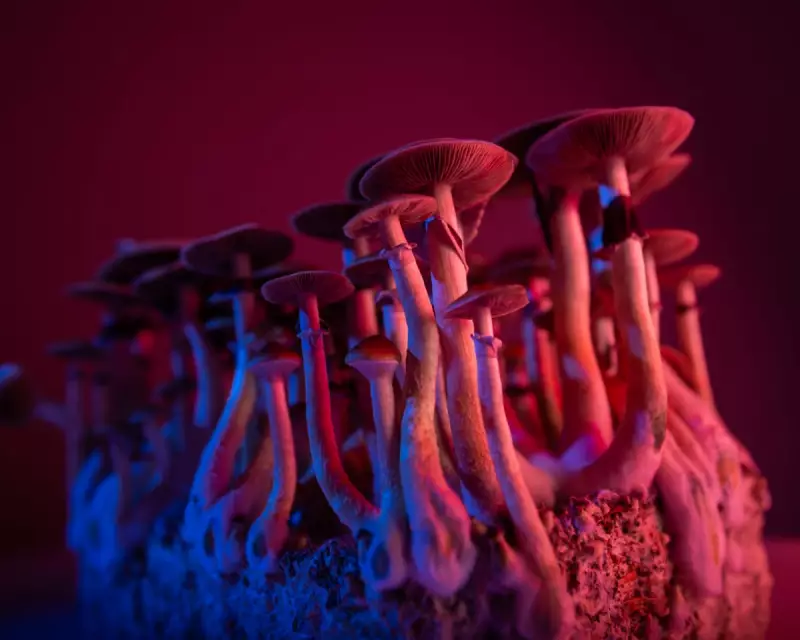
Forget everything you think you know about psychedelics. In his provocative and deeply personal new book, 'On Drugs', philosopher Justin Smith-Ruiu reframes the conversation, moving it from the margins of counterculture to the very heart of philosophical inquiry.
This isn't a hedonistic guide to recreational use or a dry clinical manual. Instead, Smith-Ruiu presents a formidable argument: that psychoactive substances offer a unique and invaluable window into the nature of reality, consciousness, and the very structure of human perception.
More Than Escapism: A Tool for Philosophical Inquiry
Smith-Ruiu dismantles the simplistic notion of drugs as mere tools for escapism. He posits that psychedelics, in particular, can be instruments of profound exploration. They don't just help you leave reality; they allow you to see its underlying mechanics and question its fundamental axioms in a way sober contemplation often cannot.
The book is structured as a personal odyssey, chronicling the author's own experiments with substances from cannabis and magic mushrooms to more potent psychedelics. Each experience becomes a launching pad for wide-ranging intellectual discourse, weaving together history, anthropology, and cutting-edge philosophy of mind.
A Tapestry Woven from History and Thought
The brilliance of 'On Drugs' lies in its expansive scope. Smith-Ruiu doesn't operate in a vacuum. He draws fascinating parallels and traces the influence of mind-altering substances through the annals of history and thought.
Key explorations include:
- The ritualistic use of psychoactives in ancient cultures and their role in spiritual practices.
- The complex relationship between drugs and the creative process, examining figures from the Beat Generation to Silicon Valley pioneers.
- A rigorous philosophical challenge to the Western ideal of the purely rational, sober mind as the only legitimate source of knowledge.
- An examination of the 'psychonaut' – the intentional explorer of inner space – as a modern philosophical figure.
Challenging the Sobriety of Western Philosophy
At its core, Smith-Ruiu's work is a direct challenge to the staunch sobriety that has underpinned much of Western philosophy. He argues that this enforced clarity might actually be a limitation, a filter that prevents us from perceiving a fuller, more complex picture of existence.
By consciously altering his own consciousness, the author engages in a form of embodied philosophy. It’s a practice that asks: what can we learn about the world when we temporarily disable the standardised operating system of our brain?
The Guardian's review highlights the book's bravery and intellectual depth, noting that it is as much about how we think as it is about the substances themselves. It's a radical, erudite, and compelling case for reopening our minds to possibilities long suppressed by cultural stigma and prohibition.





